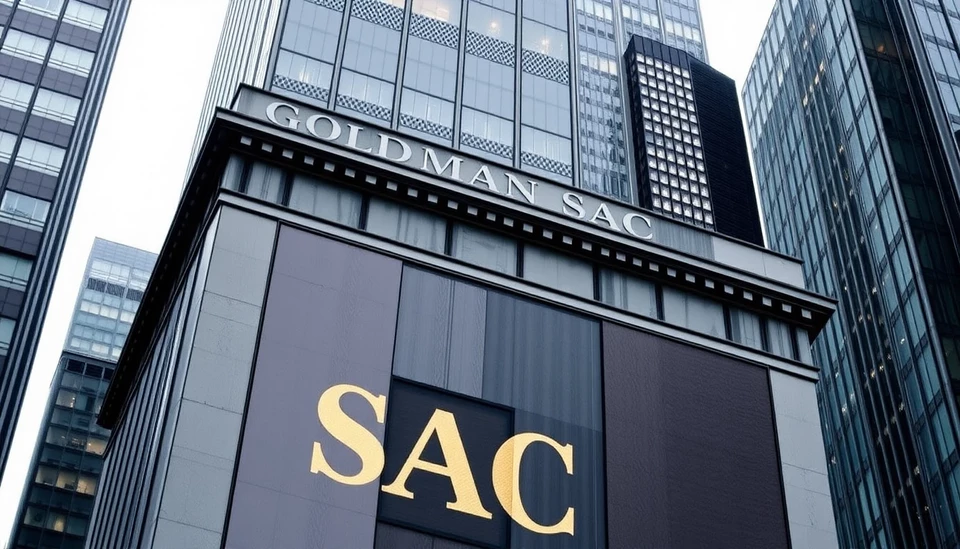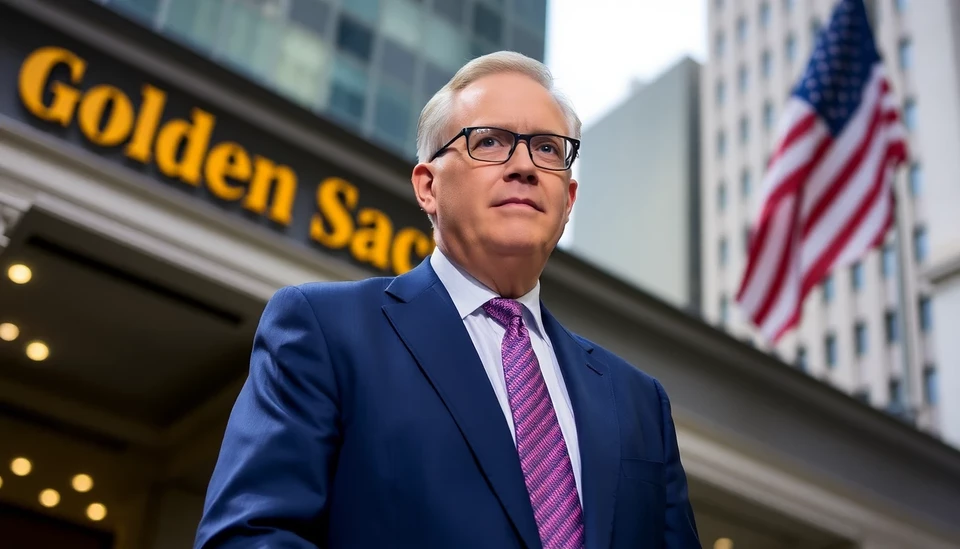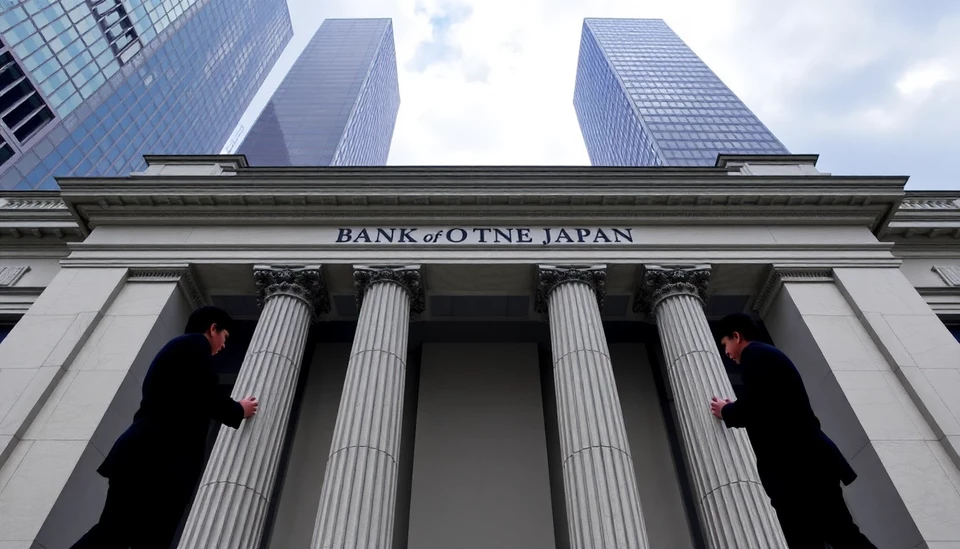
In a significant move reflecting its commitment to risk management, Goldman Sachs has made the decision to discontinue a complex debt swap arrangement after an exhaustive review of its internal risk protocols. This development, announced on January 15, 2025, underscores the growing scrutiny over financial derivatives and the potential hazards they pose to stability in the banking sector.
The debt swap in question involves intricate financial instruments that have garnered attention due to their potentially volatile nature. Analysts within the firm raised alarms about the implications of these swaps on the bank's overall risk profile. Consequently, a comprehensive internal audit was launched to evaluate the necessity and safety of continuing with such arrangements.
Goldman Sachs, known for its rigorous approach to risk management, took this assessment seriously. The internal team, comprising some of the institution's top risk management and financial experts, concluded that the uncertainties surrounding this particular type of debt swap outweighed any potential benefits. This decision highlights a shift in the banking industry, where institutions are increasingly prioritizing long-term stability over short-term profits.
The fallout from this decision is noteworthy, as it reflects broader market trends and regulatory pressures. Financial institutions worldwide are being urged to adopt more transparent risk management strategies, especially in light of past financial crises that have been linked to complex derivatives. By opting to step back from this specific debt swap, Goldman is not only safeguarding its position but also sending a message to market players about the importance of prudent risk assessment.
Industry experts have commented on the implications of this decision, suggesting that it may lead other financial firms to perform similar evaluations of their own risk management strategies. As the banking landscape evolves, the trend of reassessing potentially hazardous financial instruments is likely to gain momentum, prompting a more cautious approach to complex derivatives.
This move by Goldman Sachs also resonates with shareholder interests. Stakeholders are becoming increasingly aware of the risks associated with complex financial products, and the bank's decision may be seen as a proactive step to ensure its resilience in unpredictable market conditions. This focus on risk management could potentially enhance investor confidence in the long term.
As the financial world observes the consequences of this internal review, market watchers will be keen to see how similar institutions respond. Will more banks reconsider their own complex financial dealings in light of Goldman’s actions? Only time will tell, but for now, Goldman Sachs stands at the forefront of a shifting paradigm in finance, where careful risk assessments may be the key to long-term vitality.
#GoldmanSachs #DebtSwap #RiskManagement #FinancialInstitutions #MarketTrends
Author: Peter Collins




